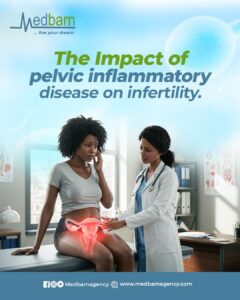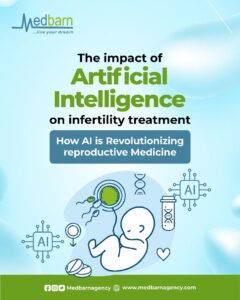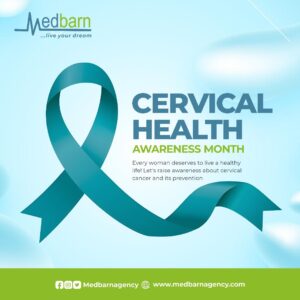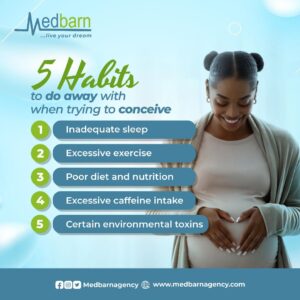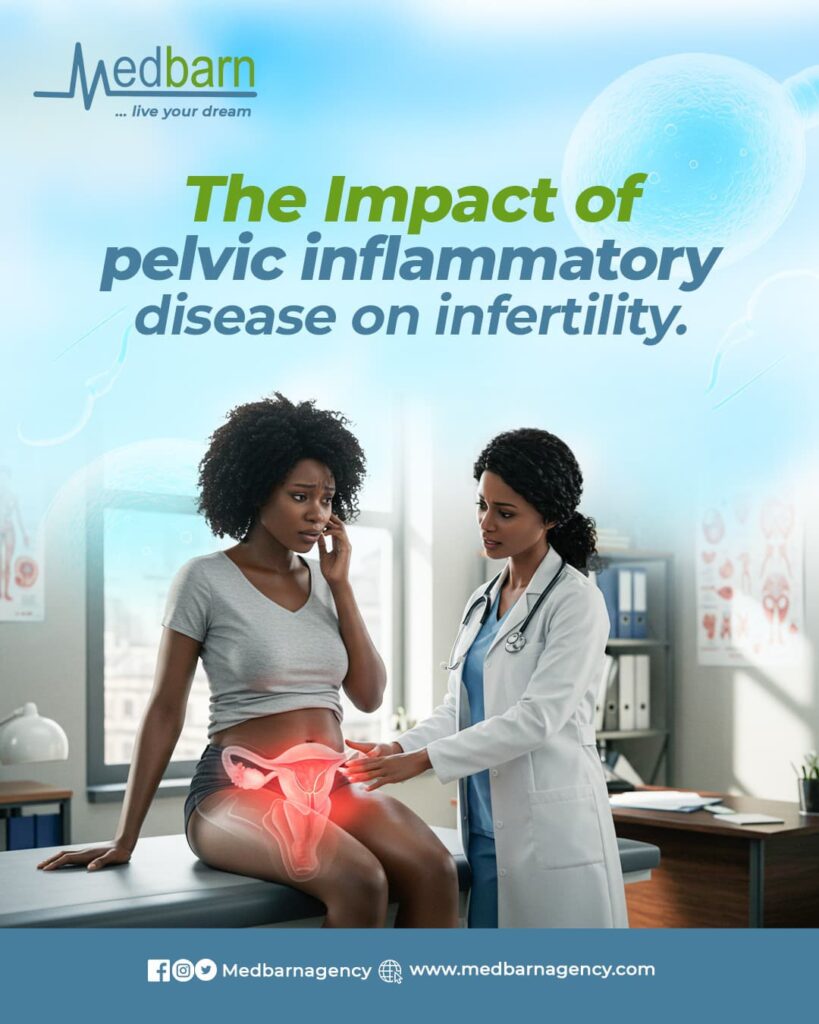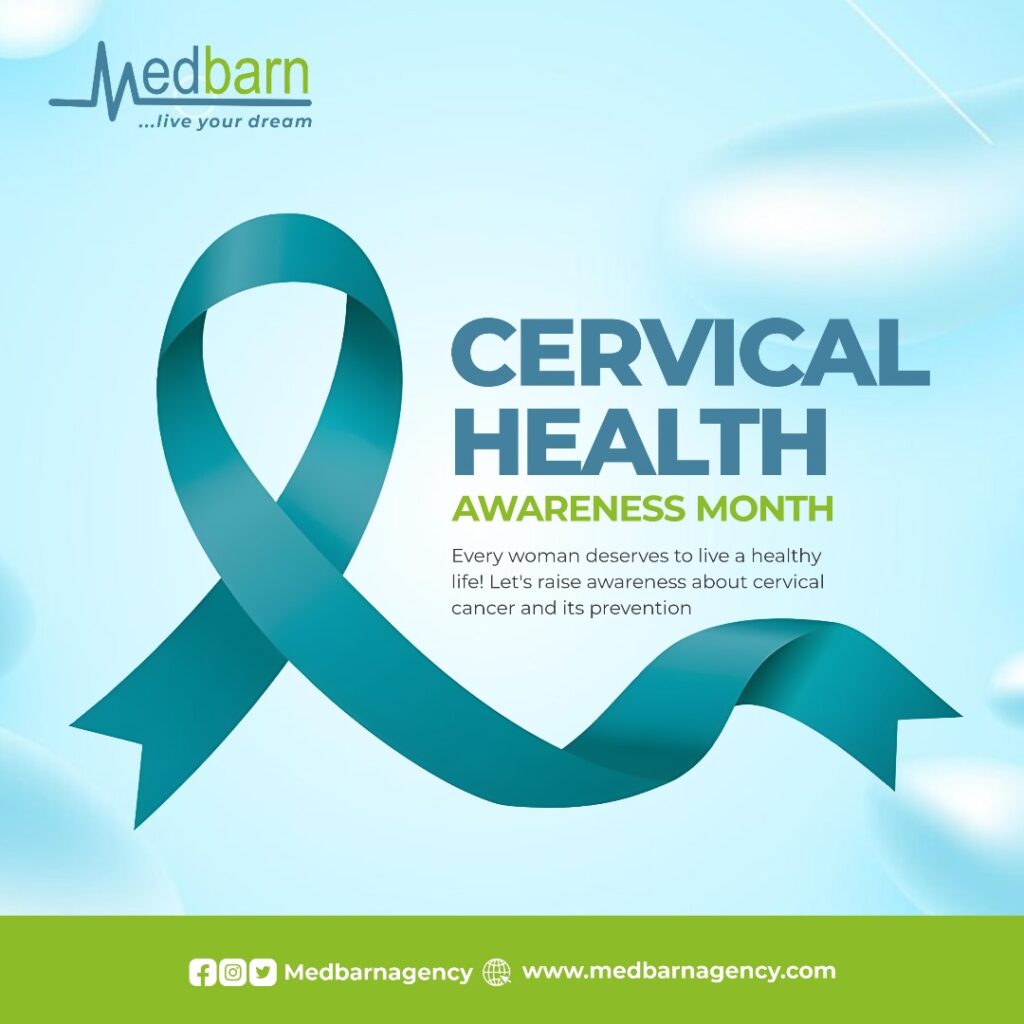
Endometriosis is a condition where tissue similar to the lining inside the uterus grows outside the uterus. This tissue can be found on the ovaries, fallopian tubes, outer surface of the uterus, and other organs within the pelvis. While the exact cause of endometriosis remains unknown, several factors are believed to contribute to its development.
Causes:
- Retrograde Menstruation: One theory suggests that during menstruation, menstrual blood containing endometrial cells flows back through the fallopian tubes into the pelvic cavity instead of exiting the body. These cells then implant and grow on pelvic organs, causing endometriosis.
- Hormonal Imbalance: Estrogen, a hormone responsible for the growth of the uterine lining during the menstrual cycle, may promote the growth of endometriosis.
- Immune System Disorders: Issues with the immune system may prevent the body from recognizing and destroying endometrial-like tissue growing outside the uterus.
Effects:
- Pelvic Pain: Endometriosis is often associated with severe pelvic pain, especially during menstruation. This pain can also occur during intercourse or bowel movements.
- Infertility: Endometriosis can lead to infertility by affecting the function of the ovaries, fallopian tubes, and uterus. The presence of endometrial tissue outside the uterus can interfere with ovulation, fertilization, and implantation.
- Adhesions and Scarring: Endometrial implants may cause adhesions and scar tissue to form within the pelvic cavity, leading to organs sticking together and causing further pain and complications.
- Emotional Impact: Chronic pain, infertility, and the challenges of managing a chronic condition can have a significant emotional toll on individuals with endometriosis, leading to anxiety, depression, and stress.
Prevention: While it may not be possible to prevent endometriosis entirely, certain lifestyle changes and strategies may help reduce the risk or severity of the condition:
- Maintain a Healthy Weight: Excess body fat can produce and store estrogen, which may contribute to the growth of endometrial tissue.
- Exercise Regularly: Regular physical activity can help regulate hormone levels and reduce inflammation, potentially lowering the risk of endometriosis.
- Manage Stress: Stress can worsen symptoms of endometriosis, so practicing stress-reduction techniques such as meditation, yoga, or deep breathing exercises may be beneficial.
- Limit Alcohol and Caffeine Intake: Both alcohol and caffeine consumption have been linked to hormonal imbalances that may exacerbate endometriosis symptoms.
- Consider Hormonal Birth Control: Some forms of hormonal birth control, such as oral contraceptives or hormonal IUDs, may help manage symptoms and slow the progression of endometriosis in some individuals.
In conclusion, endometriosis is a complex and often debilitating condition that requires comprehensive management. By understanding its causes, effects, and potential prevention strategies, individuals can take proactive steps to manage their symptoms and improve their quality of life. Early diagnosis and intervention are key to minimizing the impact of endometriosis on fertility and overall well-being.

